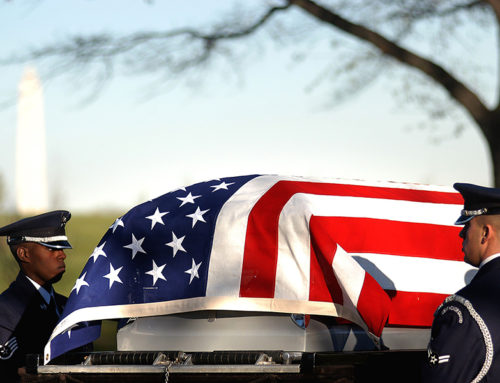By A.D. Beal
When it comes to the AIDS epidemic in the 1980s, most people talk about the massive death toll and the panic that spread throughout the US at the time. As shown midway in Dan Krauss and Paul Haggis’ documentary 5B, most people were uninformed about what AIDS was and how it was contracted. And it’s not like the government, under then president Ronald Regan, did anything about it. As Hank Plante mentions in the film, by the time Regan did publicly acknowledge AIDS in 1987, more than 21,000 people had died from it. Getting the disease was also practically a social life killer, with children who were HIV positive being banned from schools and harassed, people being ghosted from their families, and the danger of needles with infected blood. The latter part is its own subplot in this film, one that contains an incredibly well executed revelation.
It’s because of this that you can see why something like Ward 5B existed. This was like any other hospital with professional doctors, nurses as well as volunteers, but it’s the mood that changes. Those that worked at 5B came in wanting to make their patients feel at home, feel comfort. The simplest things like touching were the world to these people, especially in a time like that. The archive footage showing our subjects with their patients is sad yet there is still a hopeful feeling. The stories told, sometimes without footage or photos are absolutely heartbreaking, especially when the footage just keeps going without cutting away.
The film has a standard documentary style, one that still works. You feel there with the subjects and the objective filmmaking style. The intercutting between interviews and footage meshes well together and gives way to a film that feels like several different stories. It’s almost anthology like in its presentation. A weaker area in terms of flimmaking is the sound editing/mixing. There are several sudden dialogue cuts and pauses that took me out of the film, though they were mostly in the first 3rd of the film. I do also appreciate how the film never feels like the different stories are being shoved together and just keeps flowing. Going from the opening of the ward to the staff potentially being put on trail goes perfectly with each other.
5B is, at its core, about empathy. There are several cuts to people who were against the hospital’s cause and even one interviewee who was unbelievably cruel and rather hostile against any thought of treating AIDS patients like humans. The film doesn’t hold back in terms of presentation, yet it has an amazing balance of hope and hardship. The staff of 5B were heroes, and it’s a crime that they are not talked more about in history. I can only hope this documentary will bring more attention to them. Or at the very least, people will appreciate it as a well made documentary.





